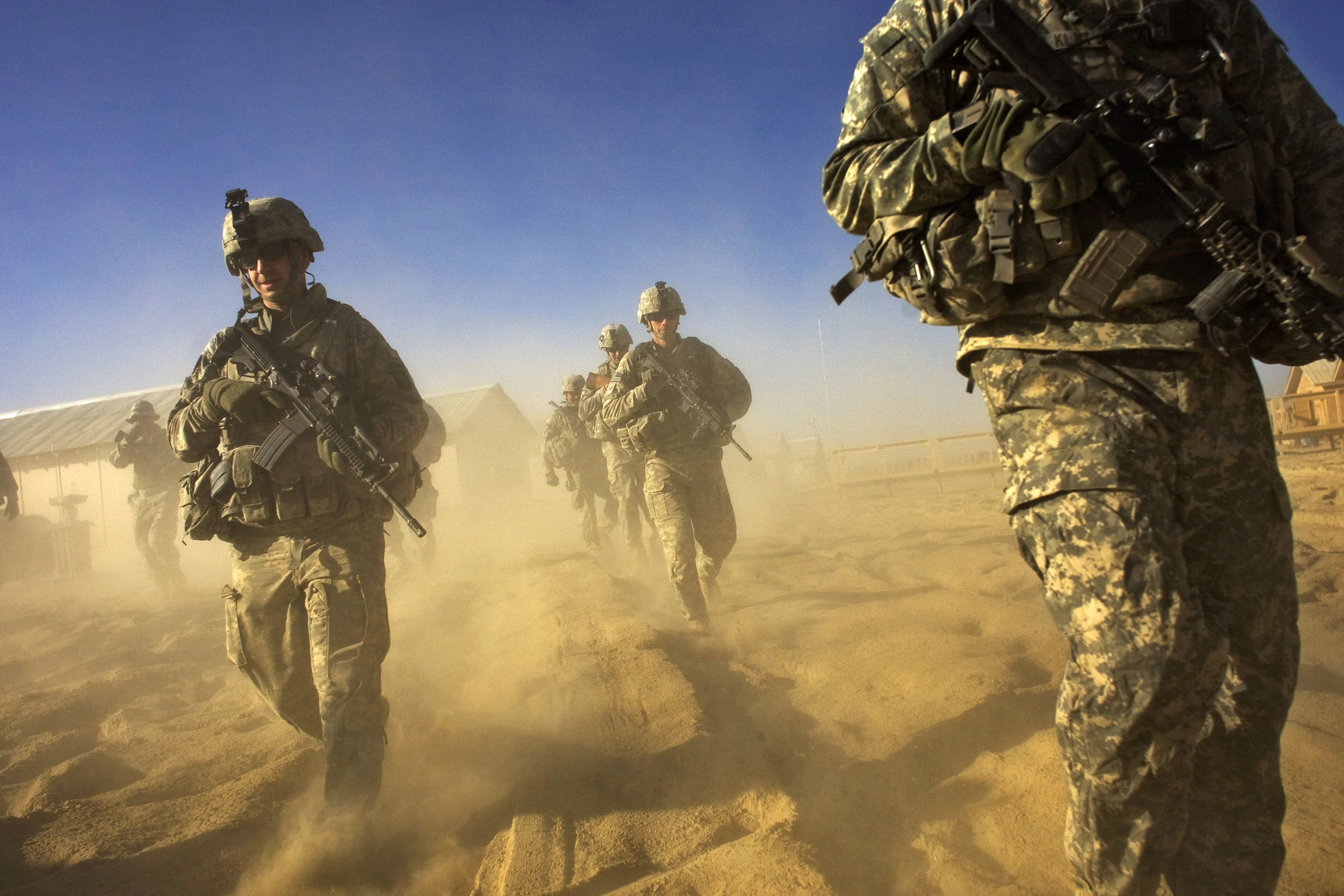Australian police to investigate soldiers accused of war crimes in Afghanistan
Alleged incidents include young soldiers being told to get in their 'first kills’ by shooting prisoners, writes Kim Sengupta


The report into deaths in Afghanistan at the hands of Australian Special Forces took four years of investigation and was long expected to contain highly disturbing allegations of executions and abuse.
The claims include young soldiers being told to get in their “first kills” by shooting prisoners and civilians, or former insurgents, being killed and then weapons planted on them to pretend that they were active Taliban fighters. Up to 39 unarmed civilians are believed to have been killed.
The inquiry concluded that 25 members of the Special Forces had taken part in unlawful killings either directly or as accessories in 23 incidents. “Typically, the patrol commander would take a person under control and the junior member… would then be directed to kill the person under control,” said the report. “’Throwdowns’ would be placed with the body and a ‘cover story’ was created for the purposes of operational reporting and to deflect scrutiny.”
The forces of a number of other countries, including Britain, in Isaf (International Security Assistance Force) has faced allegations of abuse and extra-judicial killings in Afghanistan.
The British government is currently putting a contentious bill through parliament, which would make it extremely difficult for prosecutions of alleged offences by members of the armed forces serving abroad had taken place more than five years ago – effectively those committed in Afghanistan and Iraq.
Australia has not proposed such a law, nineteen current of former members of the SAS will be investigated by the police over 36 incidents, two of which, says the inquiry, can be classified as “war crimes” or “cruel treatment”.
The acts of lethal violence by the Australian did not take place “in what can be described as being in the heat of battle”, said General Angus Campbell, the head of Australia’s Defence Forces. “None were alleged to have occurred in circumstances in which the intent of the perpetrator was unclear, confused or mistaken.”
The SAS troops, said Gen Campbell had taken "the law into their own hands" and experienced members of the force, who should have halted misbehaviour, instead encouraged a “distorted culture was embraced and amplified by some experienced, charismatic and influential non-commissioned officers and their protégés, who sought to fuse military excellence with ego, elitism and entitlement.”
One SAS squadron has already been shut down. The government said it would also establish an independent oversight panel to provide "accountability and transparency that sits outside of the ADF chain of command". The Australian prime minister had said ahead of the report’s publication warned that Australians should expect to hear difficult and hard news for Australians" about its special forces.
"It is the environment [within the ADF], it is the context, it is the rules, it is the culture and the command that sat around those things. And if we want to deal with the truth of this, we have to deal with the truth of that," he said.
Mr Morrison’s called the Afghan President to apologise before the report’s release. Ashraf Ghani’s office said he had “expressed his deepest sorrow over the misconduct by some Australian troops in Afghanistan and assured the President of the Islamic Republic of Afghanistan of the investigations and to ensuring justice”.

Join our commenting forum
Join thought-provoking conversations, follow other Independent readers and see their replies
Comments